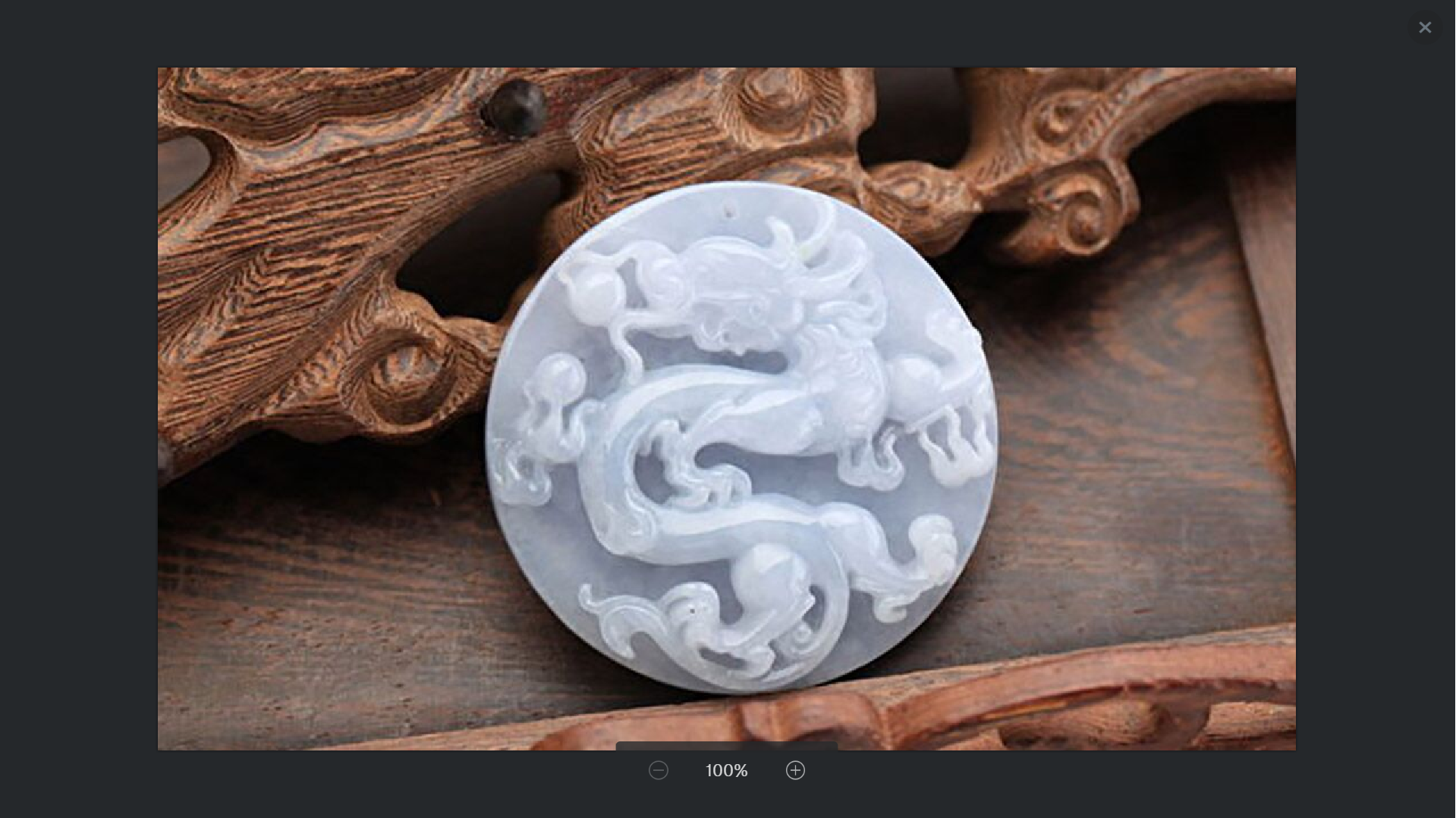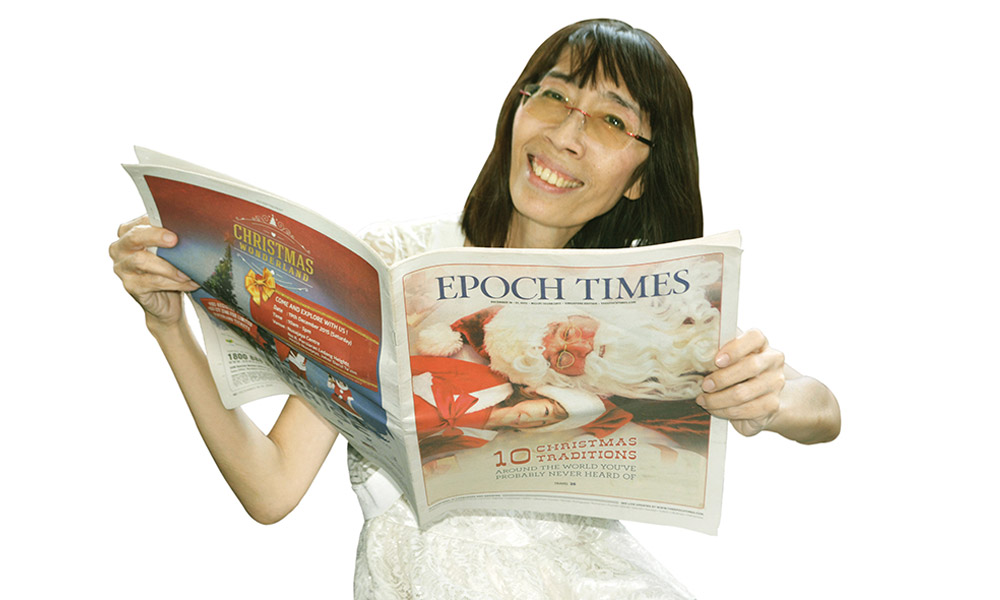By Qing Yan
There are many wonderful stories from ancient China about gentlemen who possessed great wisdom and moral virtue. Many of these stories remain relevant today, and can teach us useful lessons on integrity, humility and having the courage to admit and learn from our mistakes.
Being Humble and Tolerant Without Showing Off
Xu Rong (许容), who lived during the Qing Dynasty (1636-1912) in Zhejiang Province, was a scholar famous for his excellent writing skills. He was also humble and tolerant, and never showed off.
Once, in the provincial imperial exam, a friend of Xu Rong’s plagiarised one of his articles and used it to win first place. The friend was so happy he even bragged about it in front of Xu Rong and their friends, forgetting that it was Xu Rong’s article.
Many of Xu Rong’s friends felt that this was too much, and stepped forward to scold him. But Xu Rong stopped them by saying, “His destiny was to be awarded first place, and whether it was with the help of that article or not is unimportant. Please do not think that it was my article from now on.”
The friend later came to ask Xu Rong for forgiveness, and he asked for another good article. Xu Rong then gave him the best article he had written.
The friend again used Xu Rong’s article and passed the court-level imperial exam, but Xu Rong failed. His friend did not express any gratitude, and Xu Rong never minded.
After passing the imperial exams, Xu Rong’s friend became the head of Teng County in Shandong Province. Once, Xu Rong was travelling through Teng County while going to Beijing to retake the imperial exam. He saw his friend, who was now the county head, sending off a guest. But his friend pretended to not recognise Xu Rong at all.
After returning to his county hall, the friend ordered all of the people from Zhejiang Province to be chased out of his county, because he was afraid Xu Rong would tell others how he had used someone else’s articles to pass the exams.
His destiny was to be awarded first place, and whether it was with the help of that article or not is unimportant. Please do not think that it was my article from now on.
Xu Rong (许容), Qing Dynasty (1636-
1912)
This time, Xu Rong passed the court-level exam and became an advanced scholar. The emperor assigned him to be the supervisor of Shandong Province. Xu Rong’s friend felt embarrassed about his actions, and was too ashamed to report to him. He wrote a letter of resignation.
But Xu Rong did not think about his friend’s mistakes, and instead invited him to his home. He made him feel at ease, talked about their old times together, and never mentioned how his friend had used him. He treated him like an old friend.
Be easy on others, tolerate their mistakes and shortcomings, conceal one’s own talent, and never brag: those are the virtues that Chinese traditional culture emphasises, and they are also good ways to make good friends. Xu Rong is a role model in this aspect.
Losing Rather Than Harming Others
Tao Siweng (陶四翁) lived in Qiantang Town, Hangzhou City during the Southern Song Dynasty (1127-1279). He ran a cloth-dyeing business, and was a very loyal person with integrity.
One day, Tao bought some purple grass that was worth four million coins. Another merchant came to his store, and noted that the purple grass he had bought was fake. Tao did not believe him at first, but realised he was right after testing the grass.
That merchant said to him, “Do not worry, you can still dye your cloth with the fake purple grass. Then you can sell the cloth at a cheaper price to the smaller shops.”
The next day, some merchants came to his shop to buy cloth. Tao did not dye any cloth with the fake purple grass, and burnt all of the fake grass in front of the merchants. He said, “I’d rather lose money than make others pay.”
Emphasis on integrity over profit is a Chinese traditional virtue. Tao would rather lose a huge amount of money than cheat others. Therefore, his business became better and better. His children all followed his example of integrity, and were all very successful.
Tao Siwong did not dye any cloth with the fake purple grass,and burnt all of the fake grass in front of the merchants.
Recognising One’s Mistakes
A-Gui (阿桂) (1717-1797) was a Qing-Dynasty official who lived during the reign of the Qianlong Emperor (1644-1911). He served in many high-ranking positions, including as a general, member of the Grand Council, and as Grand Secretariat. In his later years, he was Grand Academician of Wuying Palace, while also serving as Chief Councillor.
During his career, A-Gui was once tasked by the Emperor to oversee the construction of the Qinglonggang Dam. A-Gui wanted the dam to be completed as soon as possible, but his assistant, Li Rongji (李荣吉), noticed the construction was progressing too fast and compromising the dam’s safety.
Li tried to slow down the construction, but A-Gui reprimanded him and again gave the order to speed up the construction.
On the day the dam’s construction was completed, many officials came to congratulate A-Gui. However, Li was conspicuously absent.
A-Gui ordered a messenger to summon Li, who was found at the dam directing workers to reinforce the dam with more logs and stones.
A-Gui apologised to Li sincerely. He also reported his failure and mistake to the government and recommended that Li Rongji fill his post.
Li said to the messenger, “Please send my thanks to A-Gui. But right now the dam is not strong enough, and I don’t dare to leave for the celebration.”
The reinforcement work continued for two days, but the dam eventually collapsed. When A-Gui was informed in the middle of the night that the dam had collapsed, he rushed to the site and saw that Li had fallen into the water. A-Gui immediately ordered everyone to rescue Li. “Whoever rescues Li will be promoted two official levels or be rewarded with gold!”
After much effort, Li was finally rescued and brought to shore. A-Gui was in tears as he helped Li remove his wet clothes. He took off his own uniform, which was made of black fox skin granted by the Emperor, and put it on Li to warm him up. After a long time, Li regained consciousness. A-Gui apologised to Li sincerely. He also reported his failure and mistake to the government and recommended that Li fill his post.
When Li saw that A-Gui was making a mistake in the dam’s construction, he was honest and forthright in advising A-Gui. But when A-Gui failed to take Li’s suggestion, Li did his best to make up for A-Gui’s mistake.
When A-Gui realised his mistake, he didn’t cover it up but apologised humbly and owned up to it. A-Gui also recommended the better qualified person for the job to take his post. The two of them showed great virtue in their conduct.
















